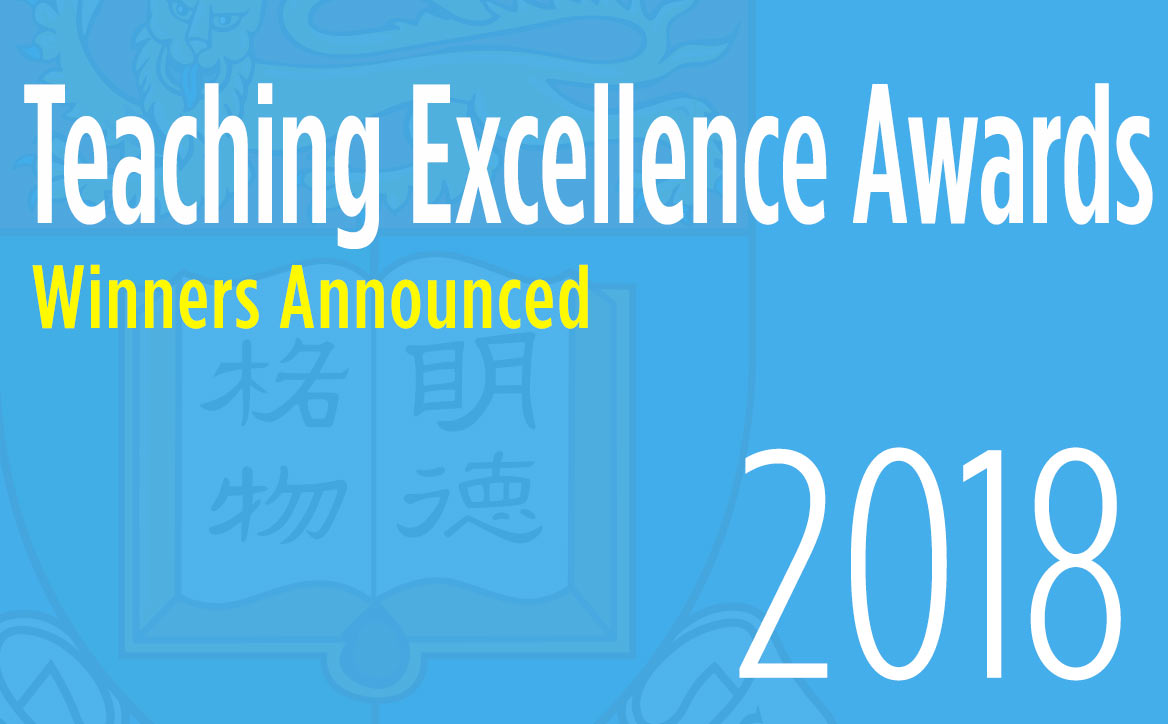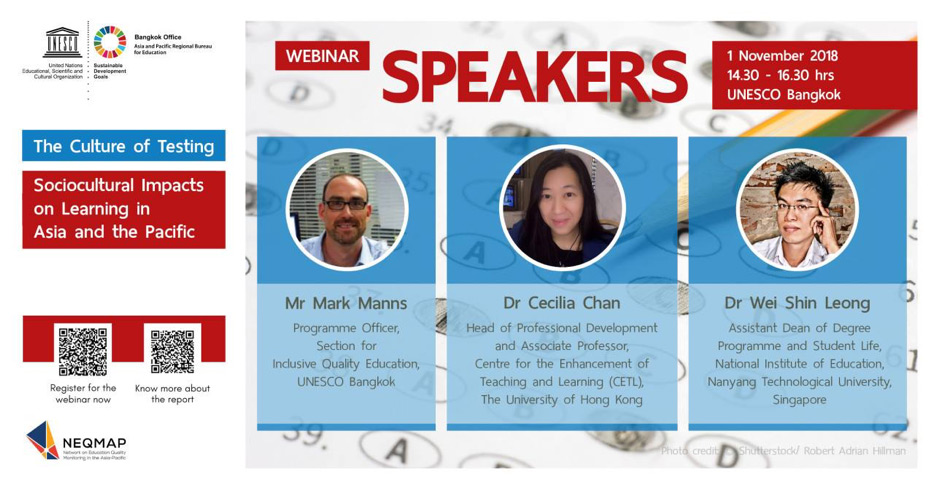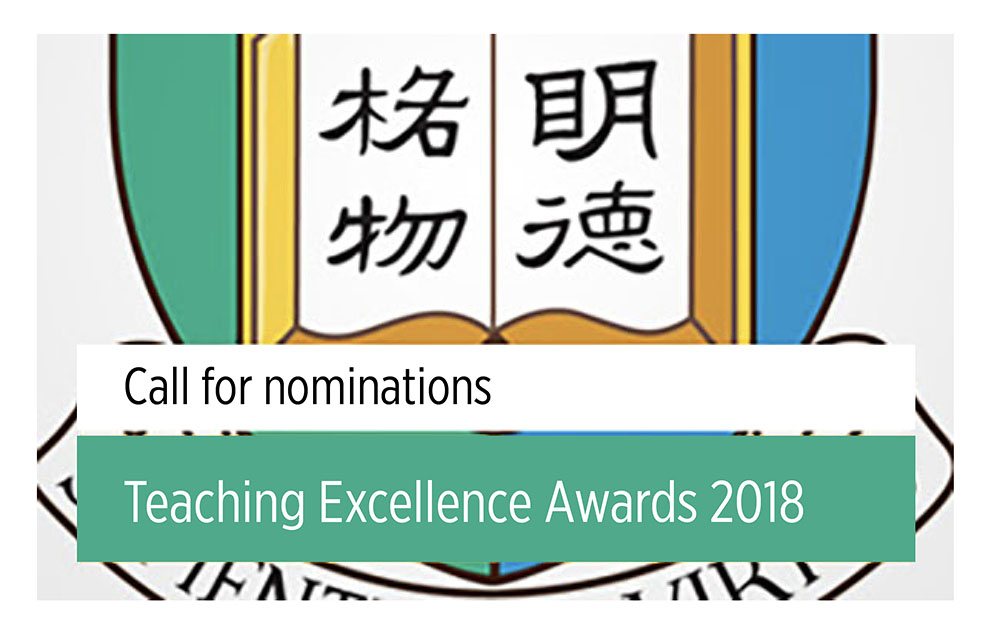
Dear colleagues and students
The University is continuing to draw on expert medical knowledge in monitoring the coronavirus situation in Hong Kong. While all of us are eager to return to teaching and learning in early March, we realize that it is now unlikely that scheduled classes on campus will be able to resume so quickly. As long as there is risk of infection in a crowded classroom, we cannot deliver face-to-face teaching. I’m writing to inform you of how we envisage the remainder of the semester unfolding.
Please note that the teaching and assessment schedules for professional undergraduate programmes may differ from those described below, and will be announced separately by programme directors.
Undergraduate programmes
| Now – Feb 15 | As you know, we are devoting these two weeks to online learning. |
| Feb 17 – 29 | As announced previously, we will take a recess for the final two weeks of the month to enable teachers to make course adjustments for the rest of the semester, and to enable students to engage in self-study based on the three weeks of teaching already undertaken in the semester. |
| Mar 2 – 28 | Since the coronavirus situation in Hong Kong is likely to prevent us from resuming campus teaching in March, we will return to online learning for these four weeks. While some students may be able to visit the campus for specific activities, there will be no scheduled face-to-face classes. We plan to make use of the reading week (March 9-14) for online classes, though we will of course respond sympathetically to absence requests from colleagues and students with pre-existing commitments. |
| Mar 30 – May 16 | We hope to resume scheduled classes on campus for these seven weeks. Should that not be possible because of ongoing health and safety concerns in Hong Kong, we will make an early announcement of alternative arrangements. (In the event that it becomes safe to return to on-campus teaching before the end of March, we will seize the opportunity and make an announcement to all students at least 14 days in advance.) |
| May 18 – Jun 6 | We intend to conduct proctored exams during the assessment period, and will require all students taking exams to be present in the examination hall. We will move the assessment period back by one week, with the aim of bringing the semester to a close in early June. We have heard from many students, especially in the final year, about the importance of concluding the semester within a reasonable timeframe. We will make every effort to do that. |
Taught postgraduate programmes
We are adopting a flexible approach to the scheduling of taught postgraduate programmes. Faculties or programme teams will announce the detailed teaching arrangements to their own cohorts of taught postgraduate students.
Research postgraduate programmes
University policy encourages research postgraduate students with no immediate need to visit the campus to undertake their research, and liaise with their supervisors, remotely. Students who need to conduct their research in a campus setting, such as a laboratory, must adhere to Government and University infection control protocols before returning to campus. All research postgraduate students should discuss their study plans in detail with their supervisors. We will respond sympathetically to requests for candidature extensions necessitated by disruptions experienced during this semester, and for tuition waivers for the extended period of studies.
Visiting campus
One general reminder during the current coronavirus situation in Hong Kong: colleagues and students who visit the campus must adhere to Government and University infection control guidelines. We will have no alternative but to take strict disciplinary action against anyone not adhering to them.
Once again, many thanks for your understanding and cooperation as we seek to navigate the remainder of an unprecedented and unpredictable semester. As before, please stay vigilant and continue to make personal health your top priority.
Professor Ian Holliday
Vice-President & Pro-Vice-Chancellor (Teaching & Learning)









